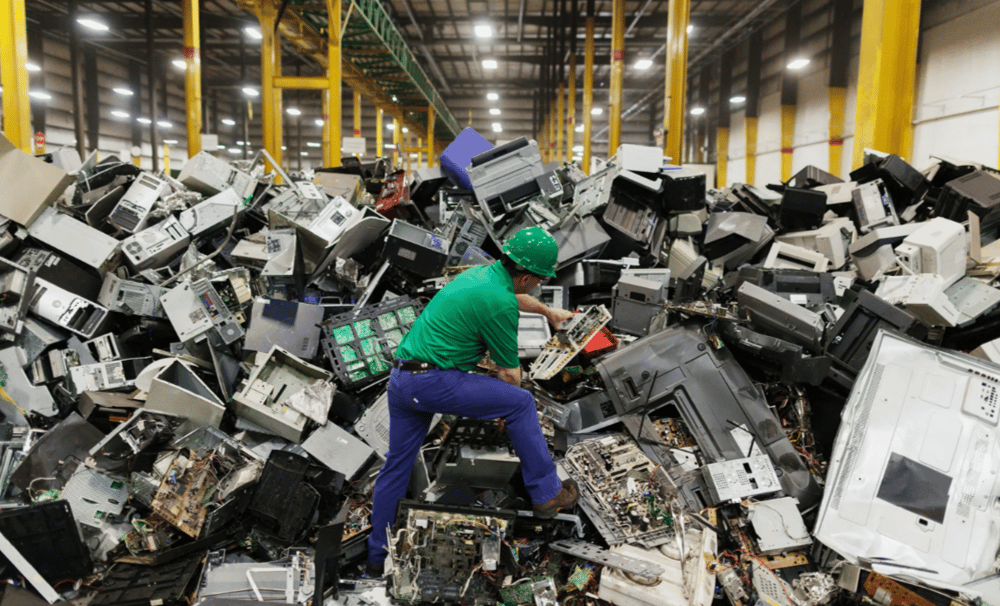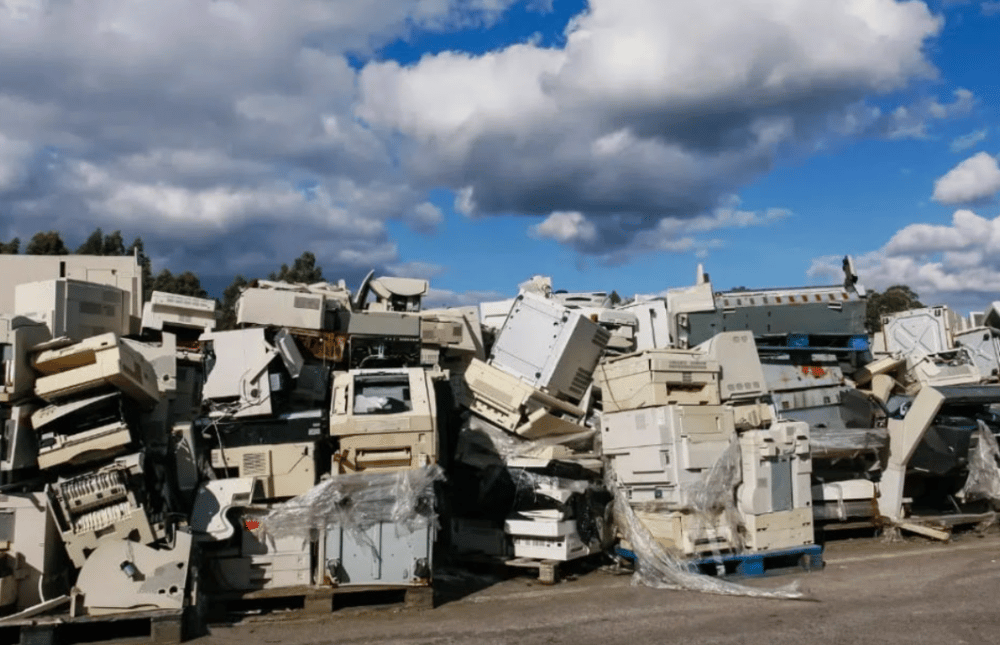India's Challenge with E-Waste Recycling A Threat for Electronics Giants
India, as the second most populous country and fourth-largest consumer electronics market in the world, is grappling with a significant environmental issue: the rapid increase in electronic waste. Under the leadership of Prime Minister Narendra Modi, the government has proposed initiatives to tighten regulations on electronic recycling. However, these measures have sparked mixed reactions, particularly among major international manufacturers.
The Essence of the Conflict
Companies such as Daikin, Hitachi, and Samsung, along with other global electronics giants, express serious concerns over the proposed changes to Indian legislation. According to the new initiatives, manufacturers will be required to bear significantly increased costs for recycling products like air conditioners, refrigerators, and televisions.
Court documents and letters submitted by numerous manufacturers suggest that the anticipated costs to comply with these regulations could become unmanageable for many companies. These changes not only threaten profit margins but also, as industry representatives claim, create additional legal compliance hurdles in one of the world's fastest-growing markets.
Why India is Tightening Regulations
Experts point out that India's drive to revise its approach to electronic waste management is a response to global environmental challenges. E-waste often contains toxic substances such as lead and mercury, which can contaminate water, soil, and air if not disposed of properly.
According to a report by the International Telecommunication Union (ITU), India generates about 3.2 million tons of electronic waste annually, a figure that continues to rise with the increasing availability and consumption of consumer electronics. The government aims to shift the responsibility of recycling to manufacturers, creating a more sustainable system aligned with global standards.

Impact of Manufacturers' Protests
The resistance from companies has manifested not only in multiple complaints filed with authorities but also in lawsuits launched in New Delhi. Among the key arguments presented by major manufacturers are:
1. High Operational Costs: Companies argue that in-house recycling costs will increase to the point of significantly impacting business profitability.
2. Logistical Challenges of Waste Management: Given the inadequate recycling infrastructure in the country, manufacturers will be forced to invest in creating their own recycling facilities.
3. Impact on Competitiveness: Stricter regulations could influence pricing, leading to reduced access to technology and, consequently, a decrease in demand among Indian consumers.
Potential Scenarios for Resolution
Several likely scenarios for resolving the conflict are already emerging:
- Full Implementation of Regulations: If the government does not accommodate manufacturers, companies will be compelled to adapt and invest in building a sustainable recycling infrastructure.
- Partial Concessions: The government might ease requirements to maintain the investment appeal of the Indian market for international brands.
- Exceptions for Major Players: Companies, especially large ones like Samsung or Daikin, might secure individual terms for complying with the new environmental standards.

Environmental Trend or Business Barrier
The legislative changes initiated by the Indian government reflect a global trend toward a transition to sustainable development and adherence to environmental standards in industry. However, the resistance from international companies highlights the complexities of implementing such standards in countries where market dynamics play a crucial role in driving economic growth.
The clash of interests creates a balance between the desire to protect the environment and the need to maintain the country's investment appeal. A comprehensive approach aimed at developing recycling infrastructure involving both the private sector and the government could be key to resolving this issue.















Comments